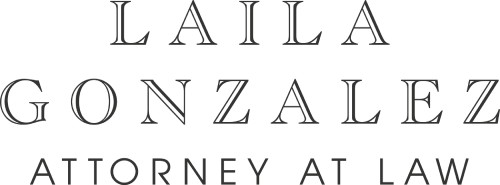Unlock Financial Clarity: Explore Debtor FAQs
Empowering You with Knowledge – Your Guide to Debtor Solutions. Navigate Financial Challenges with Expert Answers to Common Questions.

Make a Call
What is a debtor, and who qualifies as one?
A debtor is an individual or entity that owes money to another party. Anyone with outstanding financial obligations, such as loans or debts, qualifies as a debtor.
What are my rights as a debtor?
Debtors have rights protected by various consumer protection laws. These rights include fair treatment by creditors, the right to dispute inaccuracies on credit reports, and protection from harassment under the Fair Debt Collection Practices Act.
Can creditors garnish my wages if I am a debtor?
In certain circumstances, creditors may seek a court order to garnish wages. However, there are legal limits on the amount that can be garnished, and specific protections exist for certain types of income.
How can I negotiate with creditors as a debtor?
Debtors can negotiate with creditors to establish new payment plans, settle debts for less than the full amount, or explore other arrangements. Seeking the assistance of a debt negotiation expert may enhance the negotiation process.
What options do debtors have for debt relief?
Debtors have several options for debt relief, including debt consolidation, negotiation, and, in some cases, bankruptcy. Exploring these options with a financial advisor or attorney can help determine the best course of action.
How does bankruptcy affect debtors?
Bankruptcy provides a legal process for debtors to seek relief from overwhelming debts. Depending on the type of bankruptcy, it may result in debt discharge or a structured repayment plan.
Can a debtor discharge all types of debts in bankruptcy?
While many debts can be discharged in bankruptcy, certain types, such as student loans and certain tax debts, may have specific eligibility criteria for discharge.
What are the consequences of defaulting on debts as a debtor?
Defaulting on debts can result in various consequences, including damage to credit scores, legal action by creditors, and potential repossession or foreclosure, depending on the type of debt.
Can a debtor rebuild their credit after bankruptcy?
Yes, debtors can rebuild credit after bankruptcy. Establishing responsible financial habits, such as timely payments and prudent credit use, can contribute to gradual credit score improvement.
How can debtors protect themselves from debt collection harassment?
Debtors can protect themselves by knowing their rights under debt collection laws, documenting communication with creditors, and seeking legal assistance if they experience harassment or unfair practices.
